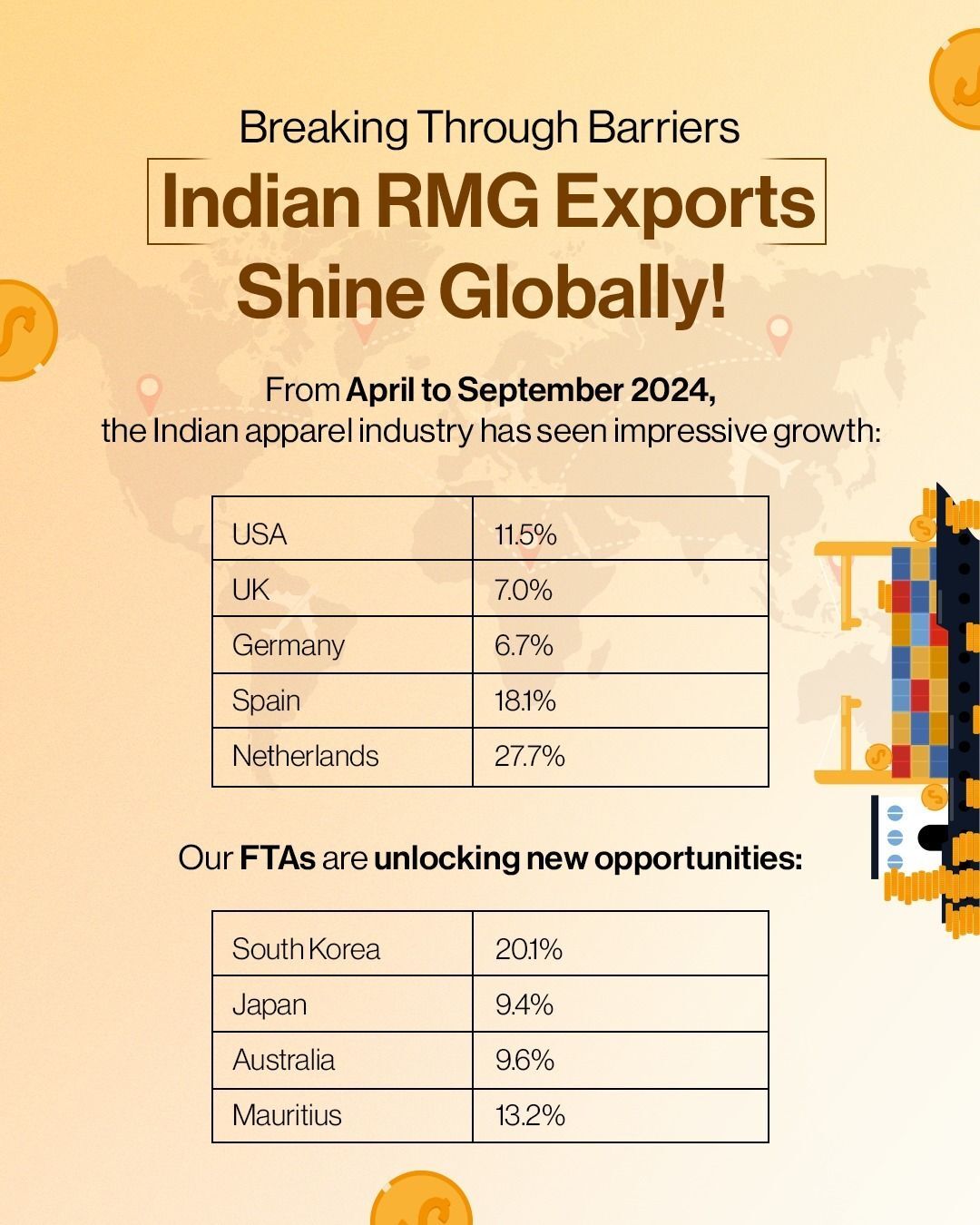"Fast Fashion is losing its sheen with brands not only stepping up their ethical standards of production but also implementing corporate social responsibility (CSR) policies to transform their business processes. These initiatives are fructifying with brands witnessing bonus uplift in consumer loyalty."
 Fast Fashion is losing its sheen with brands not only stepping up their ethical standards of production but also implementing corporate social responsibility (CSR) policies to transform their business processes. These initiatives are fructifying with brands witnessing bonus uplift in consumer loyalty.
Fast Fashion is losing its sheen with brands not only stepping up their ethical standards of production but also implementing corporate social responsibility (CSR) policies to transform their business processes. These initiatives are fructifying with brands witnessing bonus uplift in consumer loyalty.
Facing labor and waste disposal issues In order to reduce their manufacturing costs and increase sales volumes, brands hire cheap labor to produce trendy garments made of inexpensive materials. These garments, designed to last only for a season or two, require brands to maintain a large global manufacturing network of low-paid workers. These workers are often forced to work long hours for meager pay, while enduring deplorable conditions. This is a particularly the case with brands that outsource their manufacturing to the developing world.
Fast Fashion brands also need to keep up with the retail trends, which require a huge amount of natural resources. However, this also creates substantial waste. The materials used in creating these designs increase pollution, be it the use of toxic chemical dyes to create brightly coloured swimwear, or the manufacture of polyester clothing.
this also creates substantial waste. The materials used in creating these designs increase pollution, be it the use of toxic chemical dyes to create brightly coloured swimwear, or the manufacture of polyester clothing.
Kirsten Brodde’s Greenpeace initiated the Detox My Fashion campaign in 2011 to tackle the use of hazardous chemicals in textile manufacturing. But while the Detox campaign tackles ecological issues during the production process, the environmental damage caused by disposal of unsold clothes is not dealt with.
Another issue that needs attention is the disposal of unsold goods. British brand Burberry burned over £28m (€32.2m) worth of clothes and perfumes, in July 2018. This results in waste of the time and resources taken to manufacture products, it also harmful chemicals in the environment.
Seeking sustainable solutions
As demonstrated by a number of leading European brands, the issues of labor and waste can be tackled with the introduction of a CSR programme. German retailer Armed Angels, for instance, not only uses organic Fairtrade cotton in its products, it also pays a fair wage to all of its farmers, and never employs anyone under the age of 18. Similarly, Swedish retailer H&M, one of the original proponents of CSR policy, collected 17,771 tons of textiles through its garment reuse and recycling initiative in 2017 – the equivalent of 89 million T-shirts.
Smaller start-up brands can build sustainability into all of their business processes and account for CSR spend in their profit margins right since their inception as they supervise their supply chains thoroughly. These brands are more likely to develop long-term, trusting relationships with their suppliers. However, regardless of its size, a brand that implements a robust CSR policy is expected to receive a positive reaction from its customers.
Changing attitude to tackle issues
The demand for sustainable clothing is negatively impacted by the consumer’s demand for fast fashion. The fast fashion industry, therefore, needs to change its trend-driven mindset. This change will boost individual sustainability policies besides tackling the issue of waste disposal. It will give rise to a new generation ethical brands who will proudly display their achievements to consumers; irrespective of the profits they earn.












